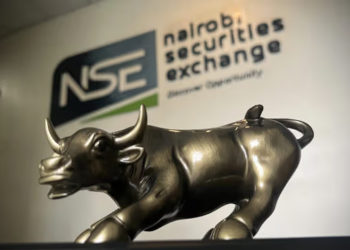Investing in shares is a common way to participate in the growth and success of companies through capital provision. Shares represent ownership in a company, and they come in two primary types: ordinary shares and preference shares. Each type has its own characteristics, benefits, and risks.
Ordinary shares, also known as common shares, represent equity ownership in a company. Shareholders with ordinary shares typically have voting rights, allowing them to vote on important company matters such as electing the board of directors and approving major corporate policies. Dividends for ordinary shares are not guaranteed and are paid at the discretion of the company’s management.
These dividends can vary based on the company’s profitability and financial health. When the company performs well, ordinary shareholders may receive higher dividends. Ordinary shares offer the potential for capital appreciation. If the company grows and becomes more profitable, the value of ordinary shares can increase, providing shareholders with capital gains when they sell their shares. However, ordinary shares carry a higher risk compared to preference shares. In the event of liquidation, ordinary shareholders are the last to be paid after creditors and preference shareholders.
Preference shares, also known as preferred shares, typically come with fixed dividend payments. These dividends are paid out before any dividends are distributed to ordinary shareholders. This makes preference shares attractive to investors seeking stable and predictable income. Preference shareholders have a higher claim on dividends compared to ordinary shareholders.
If a company has limited profits, preference shareholders will receive their dividends first. Additionally, in the event of liquidation, preference shareholders have a higher claim on the company’s assets than ordinary shareholders, though they are still behind creditors. Preference shares can also be convertible, meaning they can be converted into a specified number of ordinary shares after a certain period or under certain conditions. This feature provides an opportunity for capital appreciation if the company’s ordinary shares perform well.
Hence, ordinary shares offer the potential for higher returns through capital appreciation and dividends, but they come with higher risk and lower priority in dividend payments and liquidation. Preference shares provide more stable and predictable income through fixed dividends and have a higher claim on assets and dividends, but they typically do not offer the same potential for capital gains as ordinary shares.
Understanding the differences between these two types of shares can help investors make informed decisions based on their risk tolerance and investment goals.

















